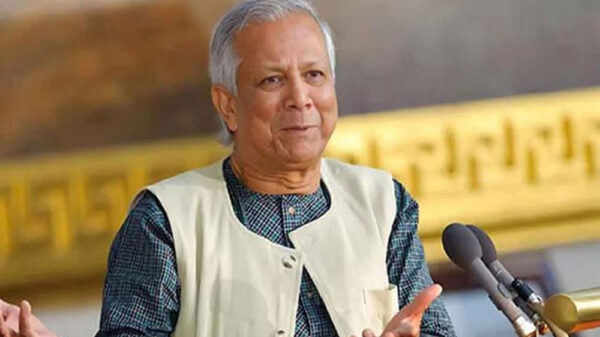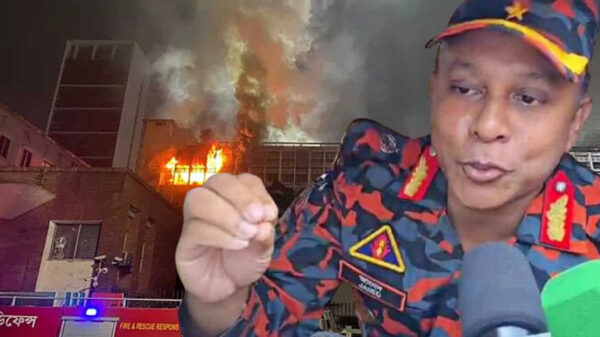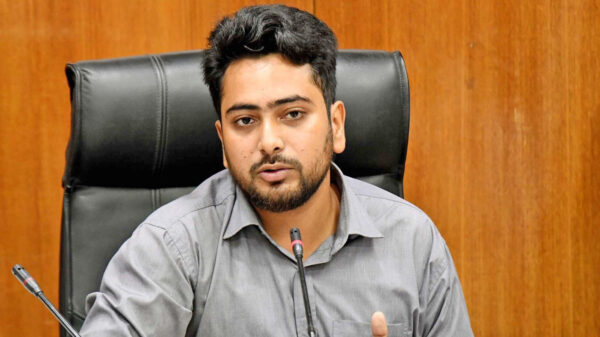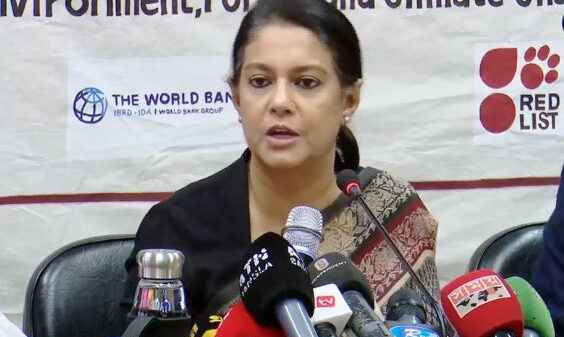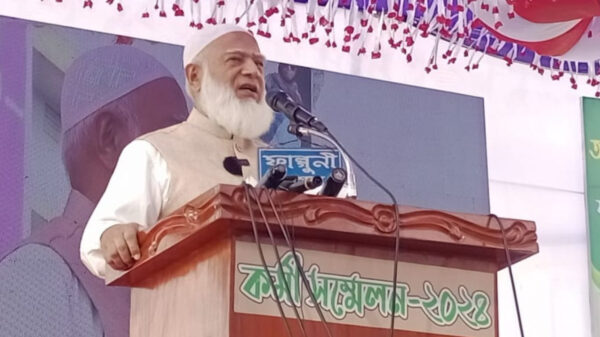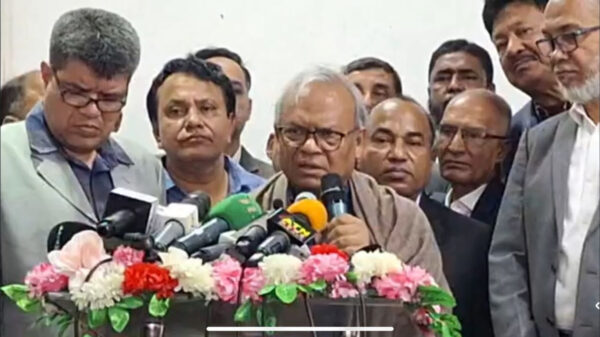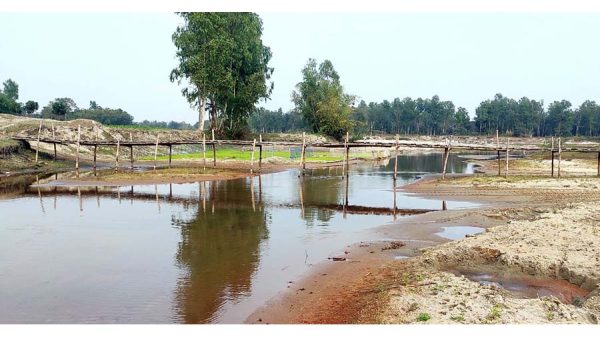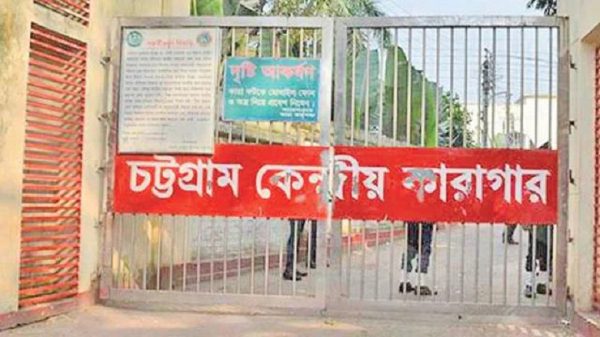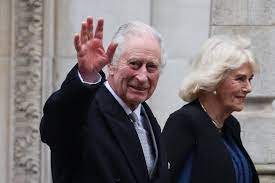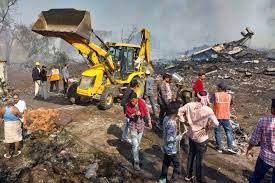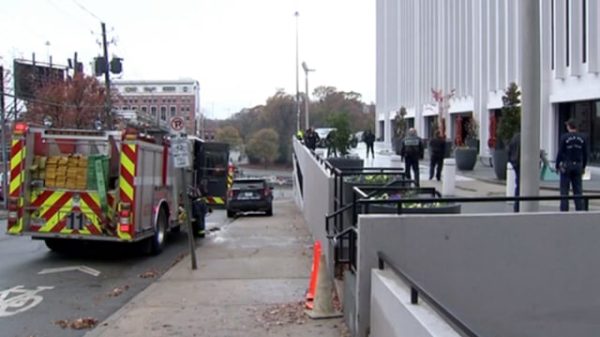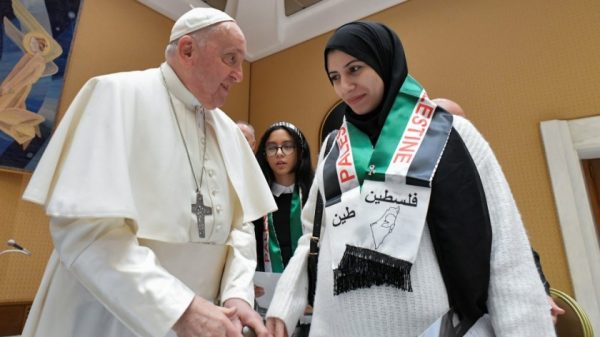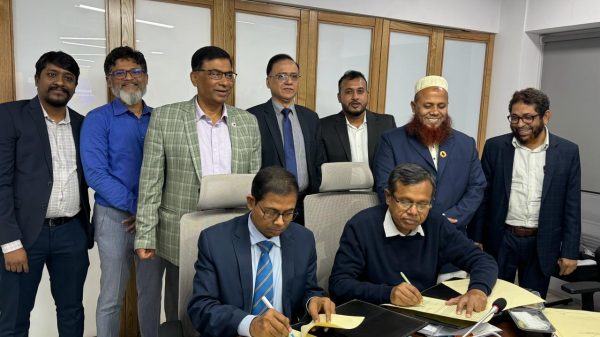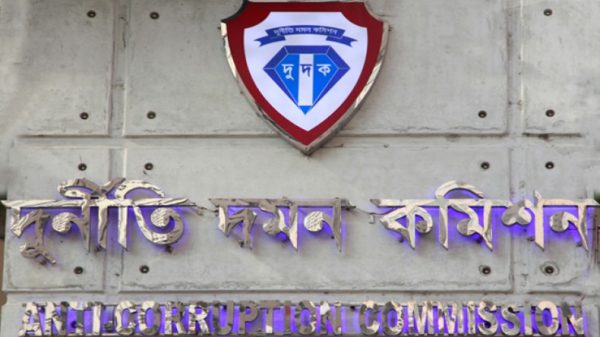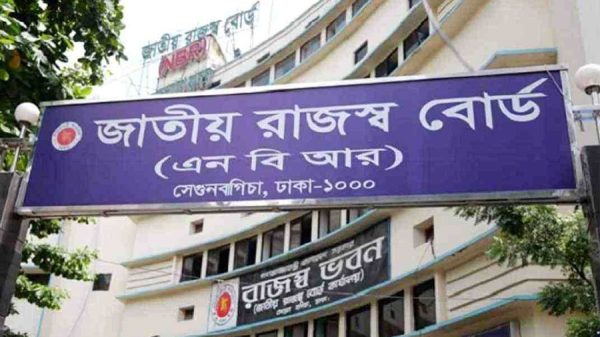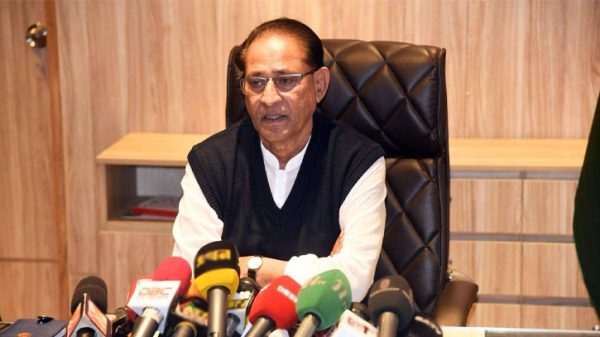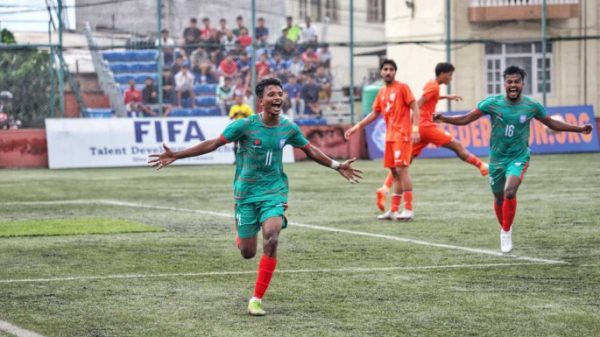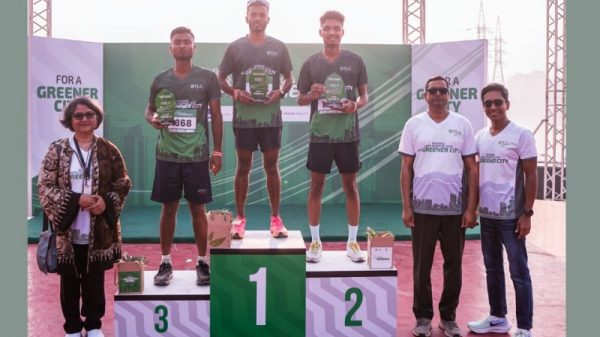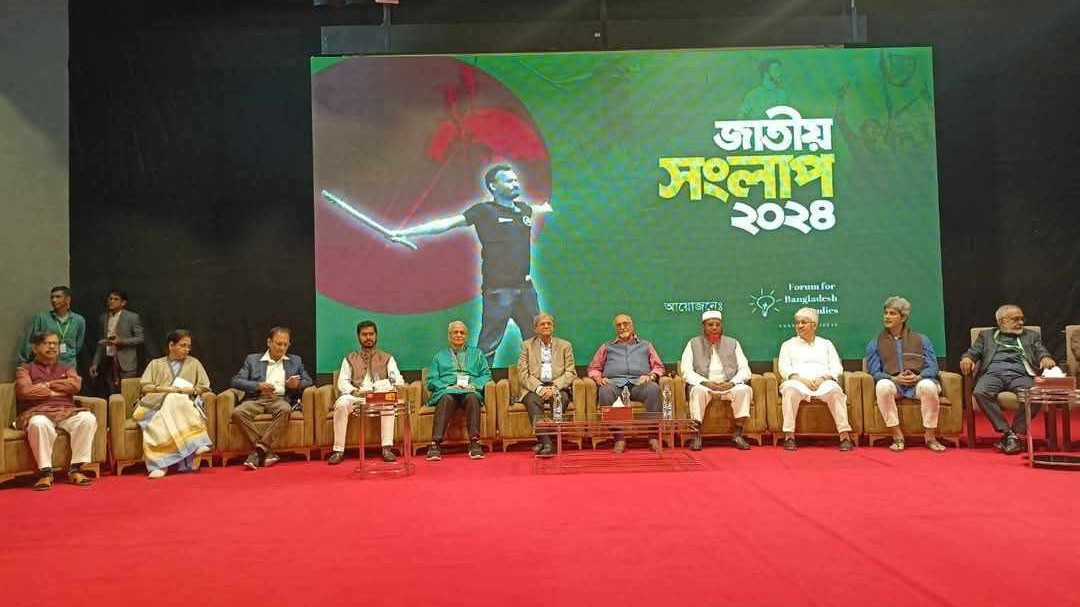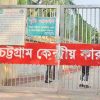Staff Reporter:
The interim government, political leaders, and civil society members have underscored the need for national consensus to carry out essential reforms in the country ahead of the upcoming general election.
They expressed their views on the first day of a two-day national dialogue organised by the Forum for Bangladesh Studies (FBS) at the Krishibid Institution Bangladesh auditorium in in the capital’s Khamarbari on Friday.
Addressing the event that focuses on “Unity, Reform and Elections” through videoconferencing, Chief Adviser Prof Muhammad Yunus emphasised the need for reforms to advance democracy alongside election preparations, advocating for national unity and youth participation in the electoral process.
Political parties like the BNP and Jamaat-e-Islami presented their reform agendas, underscoring the challenges of implementing changes and urging public engagement.
Civil society members highlighted issues like economic challenges, institutional accountability, and the aspirations of youth.
In his address, Prof Yunus stated that national elections cannot advance the country unless state reforms are undertaken alongside election preparations.
Apart from the chief adviser, six de facto ministers of the interim government, representatives from 20 political parties, civil society members, and individuals from various walks of life are participating in the dialogue.
Prof Yunus also stressed that national unity is crucial for formulating reform plans, which would facilitate the electoral process.
He noted that preparations for the next general elections could proceed simultaneously with the drafting of reforms, adding that the government’s primary focus is to establish a political framework for governance.
“Every citizen must actively invest in the reform process,” he urged, calling for spontaneous participation. While acknowledging progress in national unity over the past five months, he emphasised the need for further consolidation to build a discrimination-free society.
Prof Yunus also proposed lowering the voting age to 17 years to empower youth participation. “The younger they are, the more interested they are in change,” he argued.
BNP advocates reforms for fair elections
Speaking at the dialogue, BNP Secretary General Mirza Fakhrul Islam Alamgir reiterated the party’s commitment to necessary reforms ahead of elections.
“It is incorrect to say that the BNP prioritises elections over reforms. We advocate for minimum reforms essential to conduct free and fair elections,” Fakhrul said.
He highlighted that elections are the gateway to democracy and democratic processes.
Fakhrul referred to the BNP’s Vision 2030, unveiled by party Chairperson Khaleda Zia in 2016, which proposed reforms such as balancing power between the President and Prime Minister and introducing a bicameral parliament.
Additionally, he mentioned the 31-point reform proposal announced in 2022, developed in consultation with other democratic parties.
“The main challenge lies in implementing reforms,” Fakhrul observed, citing the entrenched remnants of fascism in state institutions.
He called for public engagement in the reform process and recommended that the interim government’s reform commissions consult political parties before finalising their proposals.
Jamaat’s call for public dialogue
Bangladesh Jamaat-e-Islami Secretary General Mia Golam Parwar urged the interim government to convene a public dialogue on reforms after receiving input from reform commissions, political parties, and other stakeholders.
“Reform is a significant task. While comprehensive reforms will take time, essential changes must be implemented to ensure free and fair elections,” he said. Parwar assured Jamaat’s readiness to support the interim government’s reform initiatives.
Adilur emphasises national liberation
Industries Adviser Adilur Rahman Khan remarked that the nation is on the brink of completing an unfinished national liberation struggle.
“We have defeated fascism unique to Bangladesh and emerged stronger. However, dismantling layers of fascist structures built over 15 years will require sustained public support and pressure,” he noted.
Adilur called for reforms reflecting the aspirations of the youth who fought against oppression.
Consensus and aspirations
Syeda Rizwana Hasan, adviser to the Ministries of Environment and Water Resources, highlighted the importance of unity in communal harmony, political reform, and governance.
She advocated for public participation to achieve consensus on reforms and proposed forming a commission to build agreement.
‘Transfer of power thru democratic process is the need of the hour’
Posts, Telecommunications and Information Technology Nahid Islam said, “Ensuring the handover of power through a democratic process is the need of the time. We will have to reach a national consensus in this regard.”
‘Unity is being scratched’
Prof Salimullah Khan said, “Unity is not broken, but it is being scratched. Unity has probably not been established yet on the issue of reform. There is no program that everyone will agree on reform. So we say, it is not possible to go to the election without at least some reform.”
Economic challenges and empowerment
Debapriya Bhattacharya, head of the White Paper Preparation Committee, stressed addressing inflation and unemployment before undertaking superficial reforms.
“True empowerment lies in securing livelihoods. Reforms must prioritise the needs of the people,” he said, criticising the neglect of critical economic issues.
Institutional accountability
Professor Ali Riaz, Chairman of the Constitutional Reform Commission, asserted that democracy and human dignity require an accountable state system.
“Accountability must be institutionalised by redefining relationships among the government, executive, legislature, and judiciary. Building consensus is essential to reflect public views in the electoral system,” Riaz stated.
Electoral reforms
Dr Badiul Alam Majumder, head of the Electoral Reform Commission, cautioned against holding elections in a chaotic environment.
“Necessary reforms must ensure fair and impartial elections. Citizens and political parties must collaborate to send qualified representatives to Parliament,” he said.
Honouring July uprising victims
The programme began with families of the July uprising victims seated on the dais, followed by a minute’s silence in their memory.
Golam Rahman, father of Nafis, who was killed during the uprising, inaugurated the dialogue. Abul Hasan, father of Shahriar Hasan Alvi, stated, “Those who sacrificed their lives in the uprising did so for comprehensive reforms, not just elections.”


